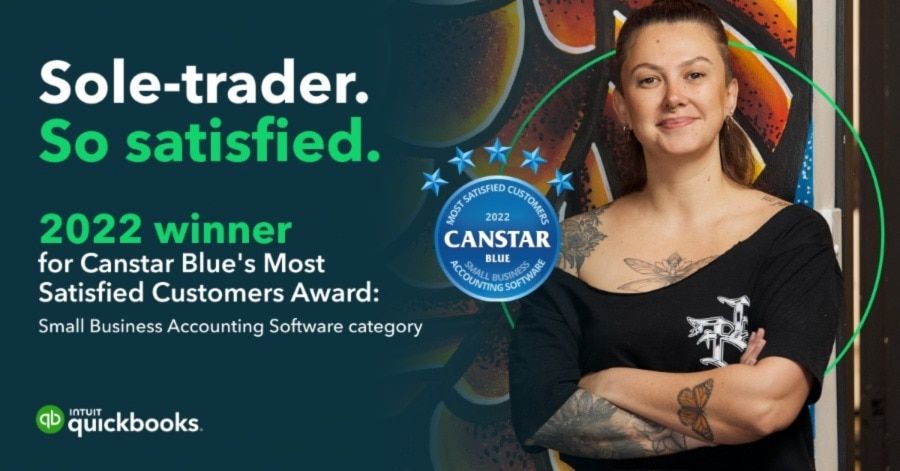Modern technology has streamlined many basic accounting functions. Also, with a vast field of competitors on the horizon, it’s vital to keep exploring alternative ways to attract new business. Becoming a virtual CFO is the latest craze that will keep your cash flowing. Here’s what you need to know.

What is a virtual CFO?
What is a virtual CFO?
A virtual CFO is a person or an accounting firm that takes on the role of chief financial officer for a client on a contract basis. Thanks to cloud-based accounting systems, they can work remotely to monitor the finances and advise on key business decisions.
The benefits of being a virtual CFO
Traditional bookkeeping roles are now more automated than ever. So it makes sense to use the same technology that mobilised the gig movement to take advantage of new opportunities and stay relevant. One way to do this is by offering a greater variety of services remotely, such as cost analysis, forecasting, and planning. The role of a virtual CFO allows you to do just that.
By broadening your professional horizons, you will be able to attract a much wider range of clients while diversifying your business from the competition at the same time. Of course, the freedom of offering your CFO abilities to not only one employer but a multitude of clients of your choosing, is yet another appealing prospect of the job.
Attracting new clients as a virtual CFO
While having a CFO on-site at all times throughout the working week is inarguably an advantage, many companies prefer to save the money. As a virtual CFO, they will be able to receive all the services they need and when they need them without having to pay a full-time salary.
To attract clients that could benefit from a virtual CFO, you should promote your new role on your online channels and notify clients on your database. Make sure you outline the extent of your new service offering, so people know exactly what to expect. You could also prepare a preview package, including things like a forecast and cost analysis excerpt.
How to become a virtual CFO
As highly skilled and qualified financial advisors, most accountants are already virtual CFO material. Here’s what you need to get your accounting business ready for it:
- Install a cloud-based accounting system with in-depth reporting
- Brush up on communication skills, specifically how well you are at explaining financial information
- Understand your clients’ business goals
- Meet your clients face-to-face to build a trusting and lasting relationship with them
It’s undeniable that the accounting industry is changing. To stay current and profitable it’s time to re-evaluate your professional position and evolve accordingly. Embrace the technology and apply your specialised knowledge as a virtual CFO and watch your business grow.
Related Articles
Looking for something else?
Stay up-to-date with the latest small business insights and trends!
Sign up for our quarterly newsletter and receive educational and interesting content straight to your inbox.
Want more? Visit our tools and templates!















